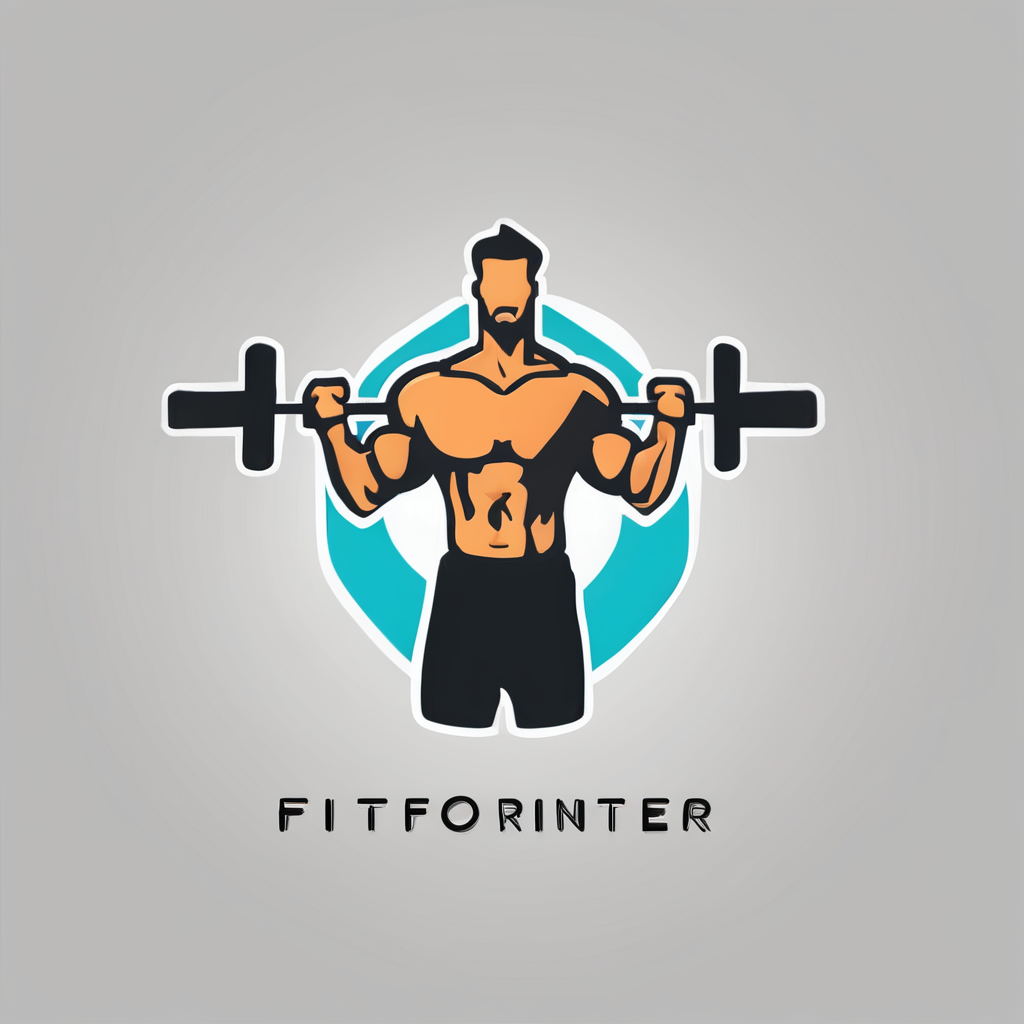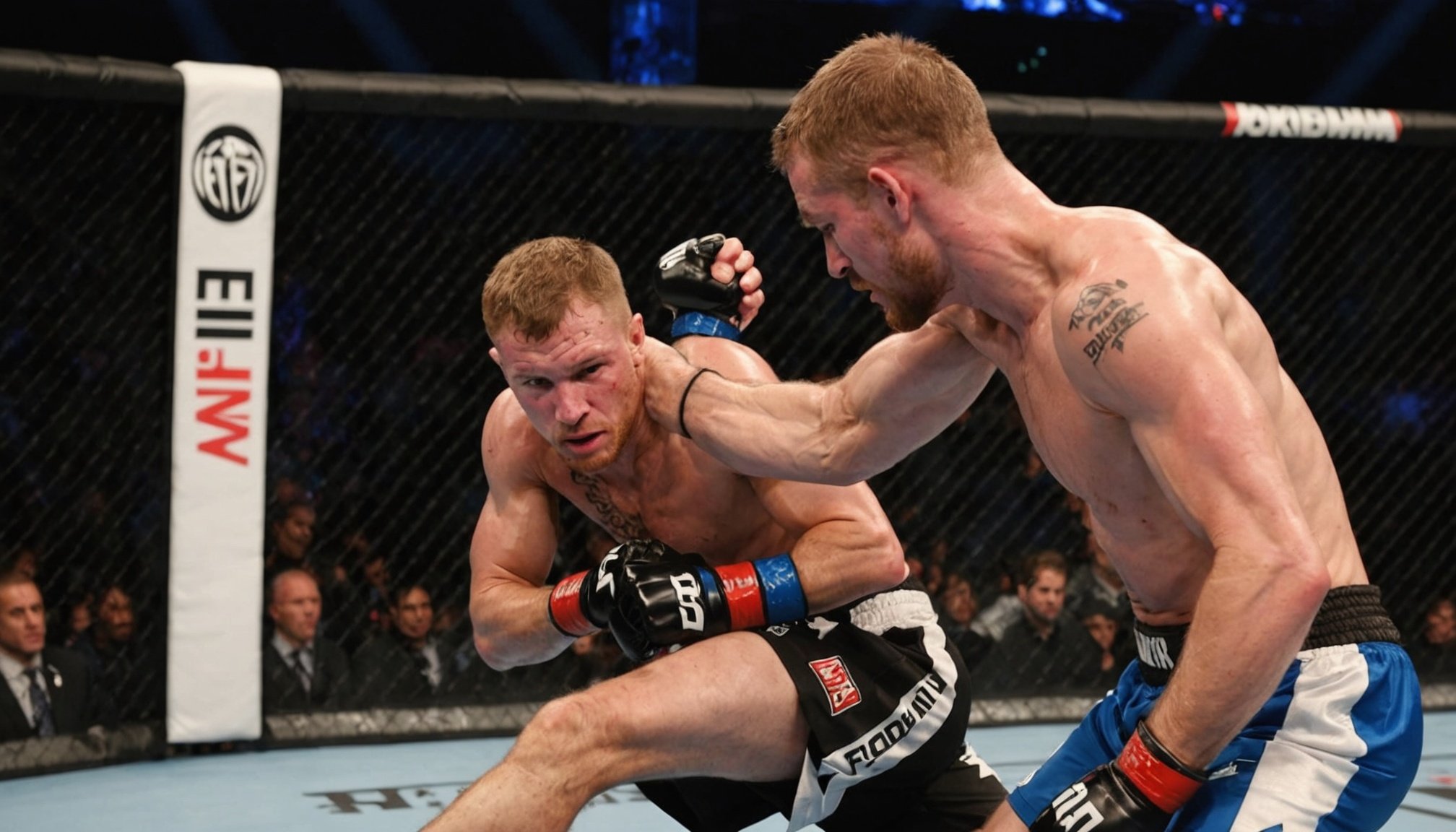Fighting in the ring takes a toll on the body, both physically and mentally. After an intense bout, whether in Muay Thai, MMA, or boxing, recovery is crucial for athletes. A well-structured post-fight recovery routine can significantly enhance healing and overall performance. This article aims to guide you through the essential components of an effective recovery protocol that not only addresses injuries but also promotes long-term fitness and nutrition strategies. Let’s explore how you can optimize your recovery and ensure your body heals properly.
Understanding the Importance of Recovery
Recovery goes beyond just rest; it is a comprehensive process that involves several strategies to restore the body’s physical and mental state after a fight. Each time you enter the ring, you subject your body to tremendous stress, risking various injuries and pain. Recognizing the significance of recovery can help you prevent long-term damage and improve your overall performance.
Topic to read : What are the most common mistakes fighters make during their training sessions?
The fight itself can lead to muscle tears, bruises, and in some cases, more serious conditions like concussions. The time right after the fight is critical; your body needs the right conditions to begin healing. Skipping recovery steps can lead to complications that may sideline you from future bouts.
One key aspect of recovery is understanding how the body heals. Muscles need time to recover from the micro-tears that occur during intense exercise. This is where nutrition plays a pivotal role. Proper nutrition ensures that your body receives the necessary nutrients to repair itself. Additionally, hydration is essential; water helps flush out toxins and reduce inflammation.
Also to read : How can a fighter’s mindset influence their performance under pressure?
Mental recovery is just as vital as physical healing. After each fight, athletes often face emotional highs and lows. Implementing recovery techniques like meditation, breathing exercises, and even talking to a coach can help manage the psychological stress of competition. This holistic approach to recovery will help athletes bounce back stronger and more focused.
Physical Recovery Strategies
To effectively recover from a fight, implementing a structured physical recovery routine is essential. This can include several components, from exercise regimens to rehabilitative therapies.
Immediately after a fight, light exercise such as walking or gentle stretching can help clear lactic acid buildup and reduce muscle soreness. Gradually reintroducing movement encourages blood flow, which is vital for healing muscle tissues.
Incorporating both active and passive recovery techniques is crucial. Active recovery might include activities like swimming or cycling at a low intensity to maintain fitness levels without adding stress to the joints. Conversely, passive recovery techniques like massages or physiotherapy can help alleviate pain and target specific injuries. These therapies not only help with recovery but also provide athletes with time to reflect on their performance and set goals for future training.
Another effective method is the use of ice and heat therapy. Ice packs can be used to reduce swelling and numb sharp pain immediately following a fight. After a few days, switching to heat therapy can promote blood circulation and relax tense muscles.
Finally, don’t underestimate the importance of sleep in your recovery journey. Adequate sleep plays a vital role in muscle recovery, hormone regulation, and cognitive function, all essential factors for an athlete’s performance. Aiming for 7-9 hours of quality sleep can enhance your body’s ability to heal and prepare for upcoming training sessions.
Nutritional Needs for Recovery
Nutrition is a cornerstone of the recovery process. After the physical strain of a fight, your body requires specific nutrients to heal effectively. Proper nutrition can speed up the recovery process, reduce the risk of future injuries, and boost overall performance.
Post-fight, your focus should be on replenishing glycogen stores and repairing muscle tissues. Consuming a combination of protein and carbohydrates shortly after a fight is beneficial. Lean proteins like chicken, fish, or plant-based options help repair muscle fibers, while carbohydrates replenish energy reserves.
Hydration should also be a priority. Dehydration can impair recovery, so be sure to drink plenty of fluids, including electrolyte-rich drinks that can help maintain electrolyte balance lost during intense bouts.
Incorporating anti-inflammatory foods into your diet can further enhance recovery. Foods rich in omega-3 fatty acids, such as fatty fish, walnuts, and flaxseeds, can help reduce inflammation and pain. Additionally, fruits and vegetables high in antioxidants support immune function and combat oxidative stress caused by intense exercise.
To optimize your recovery, consider consulting a nutritionist who specializes in sports nutrition. They can help design a meal plan tailored to your specific needs, ensuring that you are fueling your body appropriately for both recovery and peak performance.
Mental Recovery Techniques
Mental recovery often gets overshadowed by physical aspects, yet it plays a crucial role in an athlete’s comeback. The psychological toll of a fight can be just as intense as the physical strain. Implementing mental recovery techniques can help you regain focus and determination for future training.
One effective method is reflective practice. After each fight, take the time to analyze your performance, noting what worked well and what didn’t. This self-reflection helps you learn and grow, transforming any mistakes into future strategies.
Mindfulness and meditation are also powerful tools for recovery. These practices can help calm the mind, reduce anxiety, and improve mental clarity. Even a few minutes each day dedicated to deep breathing or meditation can make a significant difference in your mental state.
Visualization techniques can further enhance your recovery. By visualizing successful future performances and positive outcomes, you can boost your confidence and reinforce your mental toughness. This mental imagery can serve as a motivational tool, reminding you of your goals post-fight.
Finally, engaging in supportive conversations with coaches, trainers, or fellow athletes can provide emotional relief and a fresh perspective. Sharing experiences can foster a sense of camaraderie and help you feel less isolated in your journey. Remember, mental recovery is not just about bouncing back; it’s about setting the stage for growth and success in your next fight.
In conclusion, a fighter’s post-fight recovery routine is paramount for optimal healing and performance. Understanding the multifaceted nature of recovery—including physical, nutritional, and mental aspects—can help you develop a comprehensive plan that supports your body and mind. By integrating effective strategies such as active recovery, proper nutrition, and mental techniques, you can significantly enhance your recovery journey.
Remember, every fight is a learning experience. Your ability to recover will not only influence your immediate performance but will also define your long-term success as an athlete. Prioritize your recovery, listen to your body, and stay committed to a sustainable training and recovery regimen. With dedication and the right approach, you can ensure that you are always ready to step back into the ring stronger and more resilient than before.











